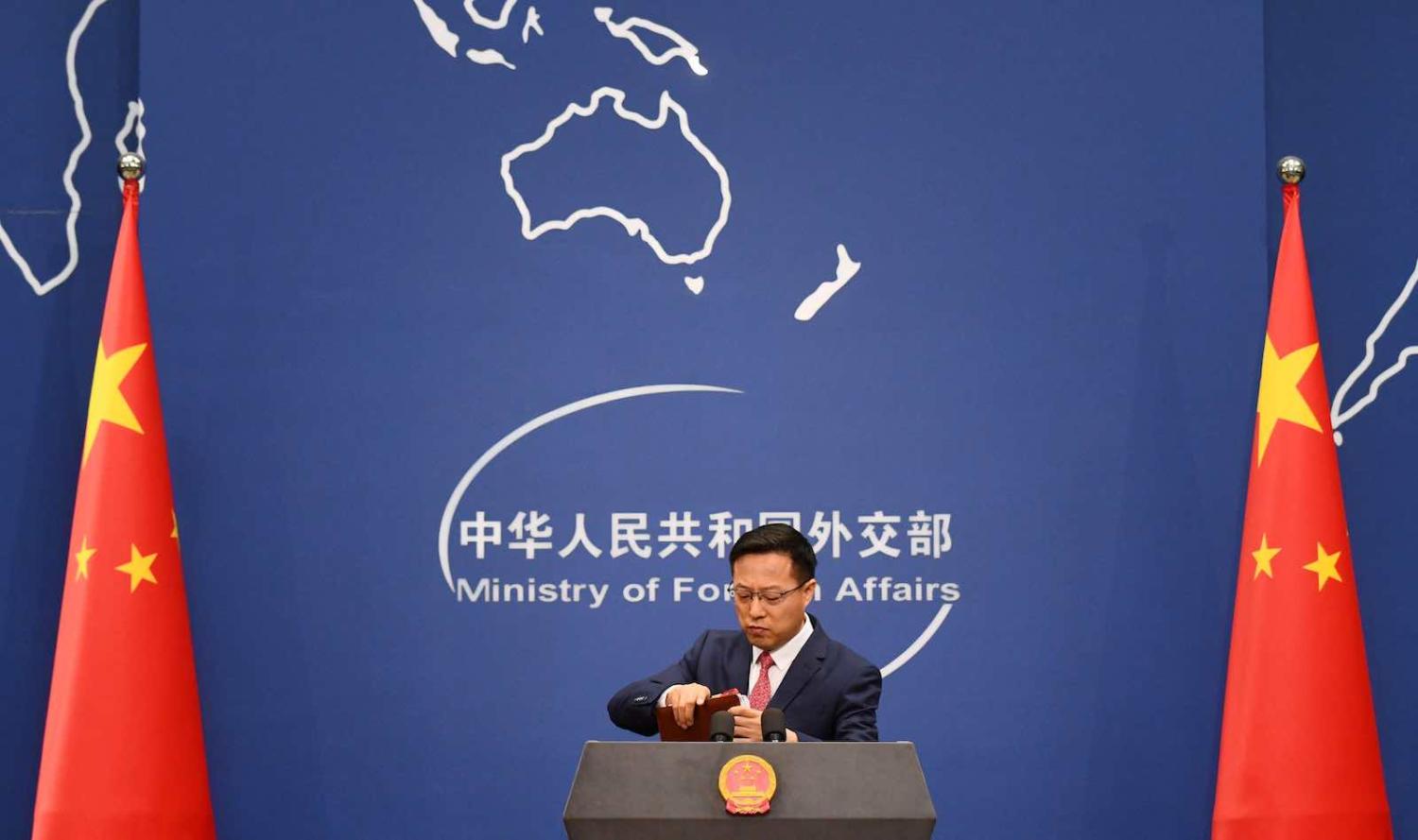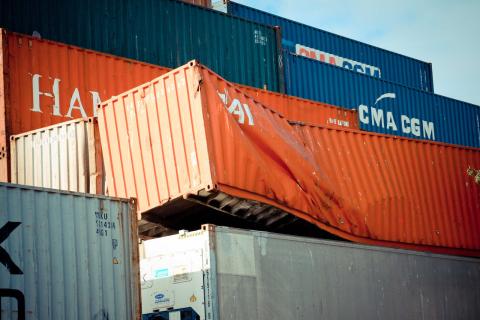No doubt you have seen the offending tweet already. If you’re in the mood to be outraged, it is still pinned to the top of Chinese Foreign Ministry spokesman Zhao Lijian’s Twitter feed. Outrage was clearly on the minds of our politicians: the PM called a snap press conference to condemn the tweet, and there were statements by ministers and opposition figures, all of them forgetting rule no.1 of social media culture: don’t feed the trolls.
But even if Australia’s response was misguided, why did China do something so obviously offensive and inflammatory in the first place? Here are a few guesses about the motive:
- It was a mistake
China is a highly centralised and autocratic state, but this was a tweet sent out by a mid-ranking official, who may have acted without much guidance or oversight. Once the tweet was sent, China felt it had to stand by it rather than lose face by retracting. - We were not the audience
Maybe China’s foreign ministry needed to establish its bona fides or sharpen its image with senior figures in Beijing, and Australia was the most convenient target. - China is desperate
Columnist Peter Hartcher’s interpretation is that the tweet “only exposes Xi’s regime as thugs and grubs, rallies Australians around their government and hardens Australia's resolve. It’s the clearest sign yet of desperation in Beijing.” China is isolated, Hartcher argues, and doesn’t know what to do about it. The problem with this theory is that, even if Hartcher is right about China’s desperation and isolation, lashing out in this way is not an obvious response. In fact, it just exacerbates China’s isolation. - China wants to set the terms of the relationship
This is Hugh White’s interpretation and is perhaps the most disturbing one for Australia, because it implies that China knew the reaction the tweet would cause in Canberra and other capitals, but went ahead anyway. And it wasn’t because causing outrage and offence is an end in itself, but because outrage and offense is a reasonable price to pay for resetting the relationship on China’s terms, and letting Australia know who is in charge.
I tend to think the fourth explanation is the most plausible when it comes to China’s overall handling of the relationship with Australia over the last few years, although I’m not sure it explains this particular episode, because China’s tweet seems so clumsy and tin-eared, even by recent standards. So maybe it was just … a mistake?

